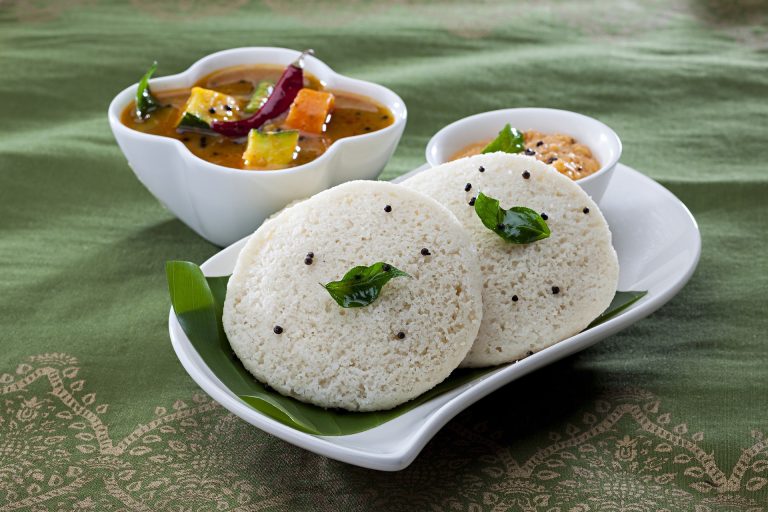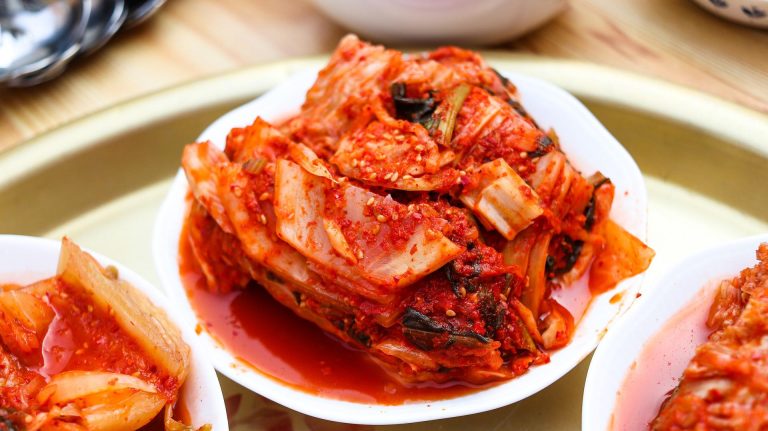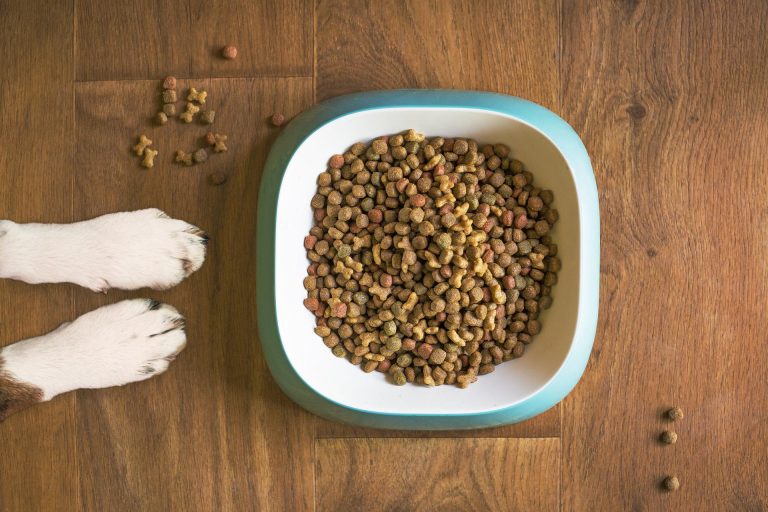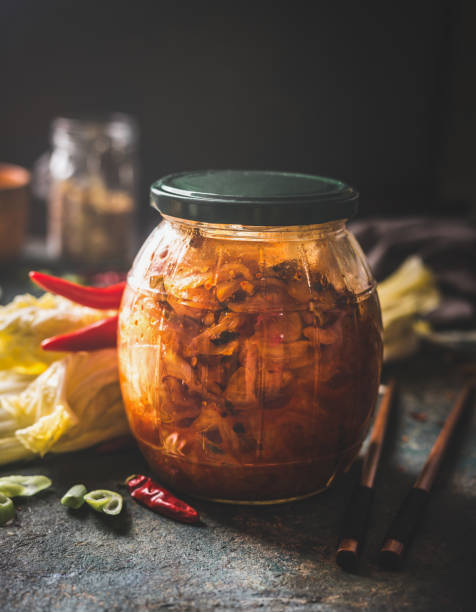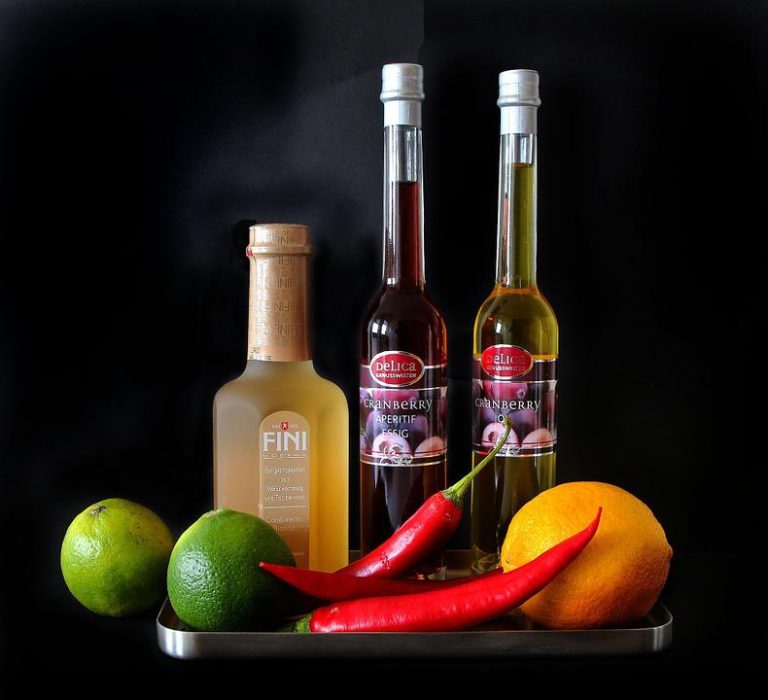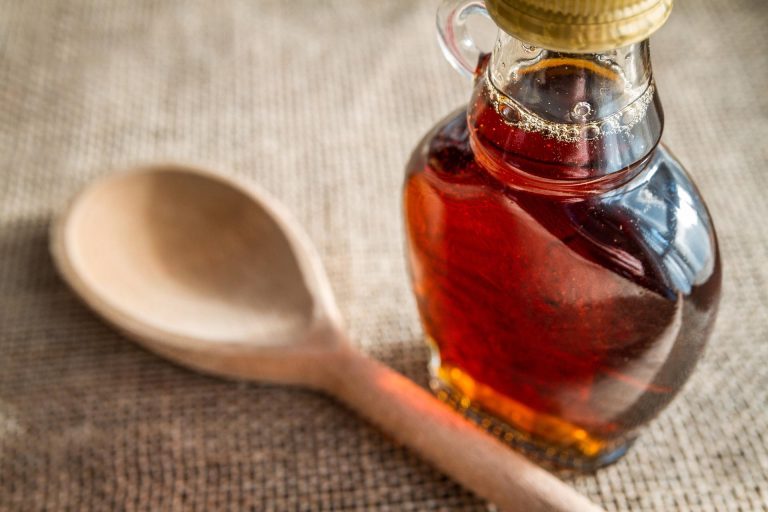Fermented Chicken Feed: What You Need To Know?
Providing high-quality nutrition for your chickens is the best way to ensure their well-being, as well as the freshness of their eggs.
You can make your chicken feed, which is a sure way to make both. The chickens will love it if you give them enough time to soak it.
Fermented chicken feed is made by fermenting crushed grains such as corn, wheat, etc. to make a portion of nutritious and delicious food for chickens.
It is a highly digestible feed that is great for your chickens. You can use the fermented chicken feed to feed your chickens.
In this article, I will give you everything you need to know about the chicken feed.
Fermented feed is an excellent option for your birds, and this includes how to make it, how long it lasts, and what makes it different.
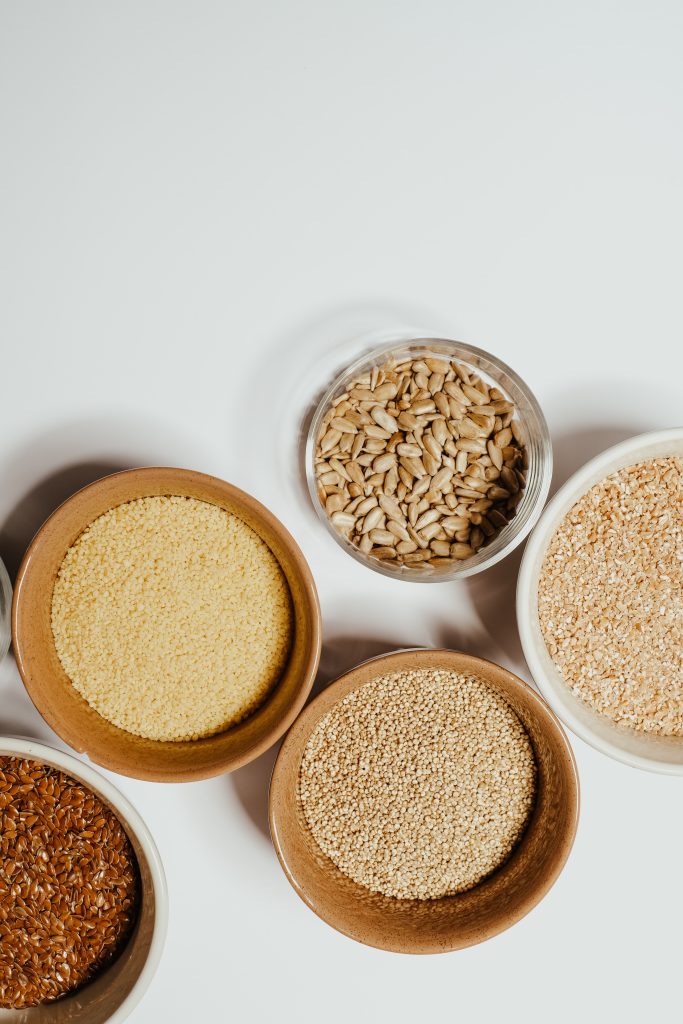
Table of Contents
What is Fermented Feed for Chickens?
Regular dry chicken food that has gone through the process of fermentation is called ferment feed for chickens.
If you want to ferment your feed, you can either buy it from others or do it yourself. The process of lac-fermentation leads to the creation of fermentable foods.
Since the dawn of time, people have been making this from their food.
When you ferment your chicken feed, you are essentially giving them probiotics that have multiple benefits for their health, and ultimately yours.
Is Fermented Feed Good for Chickens?
Here are some of the significant benefits to think about if you are wondering why you should make fermented chicken feed.
Improved Digestion
Depending on the quality of the grains you feed to your chickens.
The number of valuable vitamins and minerals in the grains will be greatly increased regardless of which type you buy.
You can expect improved digestibility thanks to the natural probiotics gained during the fermentation process.
This creates a natural barrier against the two diseases. The coli is often associated with poultry.
Better Immunity
Better overall immunity and better gut health can be achieved with the use of Probiotics.
You can expect chickens to have increased resistance to disease and infections if you give them feed that ferments.
Better Eggs
The quality of the eggs is one of the reasons why so many poultry farmers choose to feed their chickens with fermentable chicken feed.
You should expect the eggs to weigh more and the eggshell to be thicker if you feed your chickens with fermentable feed regularly.

Less Mess and Waste
Compared to dry feed there is a lot of mess involved. The hens are less likely to scratch food out of the feeders, and there is no excessive spillage when you serve Fermented feeds.
Fermentable chicken feeds are more filling and will give your chickens more food to eat. You will have fewer droppings to clean up because of this.
Downsides of Fermented Chicken Feed
There are no downsides to feeding chickens fermented feed in terms of health benefits for chickens and humans.
The only issue is that this can be a time-consuming process and something you have to do regularly to benefit from, especially for small farms and households with chicken coops.
How Can I Ferment Chicken Feed?
Finding a suitable container is the first thing you need to successfully ferment your chicken feed.
Glass mason jars are an excellent option, but stainless steel buckets work well as well.
If you choose to use a plastic container, make sure it is not harmful to your chickens and the smell of the chicken feed.
Mix Feed and Water
You should put at least two or three daily servings of feed into your container for your hens. You have the choice of using grain pellets or crumble.
Whole grain feeds tend to hold up well, while others tend to get a bit too mushy. Once the feed is in the container, submerge it completely by pouring dechlorinated water over it.
Make sure to account for the fact that the feed needs some room to grow later. It’s a good idea to avoid chlorine water because it can interfere with the process of fermentation.
Let the Feed Ferment
A cotton cloth or loose-fitting lid should be used to cover the container with water and feed.
It doesn’t need to be air-tight, so that’s not something that should worry you You don’t have to promote the process because it’s a natural one.
The feed will better absorb the liquid if the batches are stirred every day. Tiny bubbles will appear in your chicken feed mixture after two or three days.
The smell will be similar to sweet and tangy.
The consistency of the liquid will be cloudy as well. If you notice a bad smell that resembles mold or something worse, don’t feed it to your chickens.
Drain the Mixture
If there is still water in the container after three days, make sure to drain it before feeding the chickens.
If you keep the excess water you will be able to start other batches of chicken feed.
Your next batches will be able to feed on the fresh grains with the help of the lactic bacteria’s remains.
The final step is to give your hungry chickens the high-quality feed you made from scratch.
How Long Does Fermented Chicken Feed Last?
There is no definitive answer to this question, and it will depend on a lot of factors. The longevity of the feed will be determined by the climate.
If it is hot outside, you will need to use your batches in 48 hours or less. The fermented feed can keep its freshness and quality for up to five days when the weather is cold.
If you want your chickens to enjoy the most benefits from the batches, it is best to distribute the feed as quickly as possible.
Conclusion
You’ll have a hard time going back if you start feeding your chickens with fermentable feed.
They will love it, they will benefit from larger and better eggs, and you will benefit from larger and better eggs.
The time investment could be problematic, but it doesn’t have to be if you work the process into your daily routine.
If you make chicken feed, make sure to use it as quickly as you can and not let it go to waste. Whole grains are the best option at this point.

Foodie and a passionate cook, I am here to share all of what I know about cooking, kitchen, and food prepping.
Follow me for delicious and healthy recipes.

